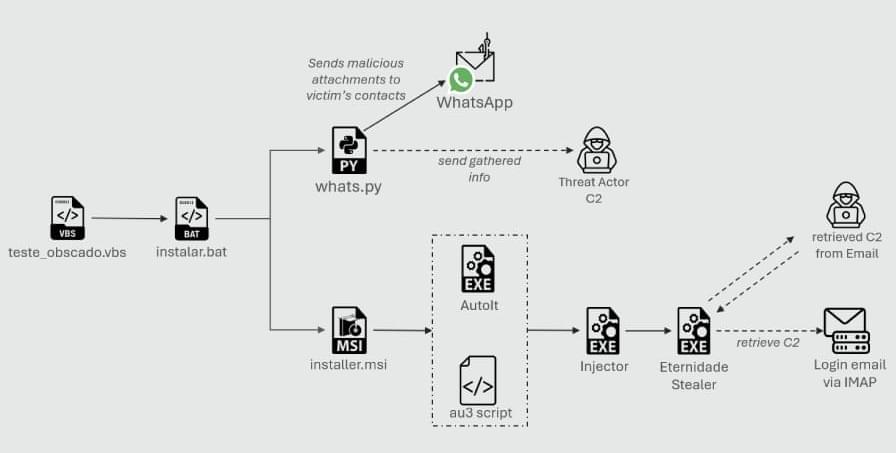Hundreds of trojanized versions of well-known packages such as Zapier, ENS Domains, PostHog, and Postman have been planted in the npm registry in a new Shai-Hulud supply-chain campaign.
The malicious packages have been added to NPM (Node Package Manager) over the weekend to steal developer and continuous integration and continuous delivery (CI/CD) secrets. The data is automatically posted on GitHub in encoded form.
At publishing time, GitHub returned 27,600 results corresponding to entries related to the recent attack.









